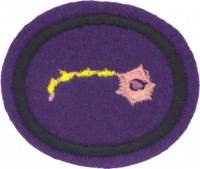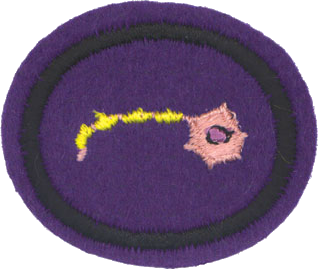Difference between revisions of "AY Honors/Brain and Behavior"
From Pathfinder Wiki
< AY HonorsAY Honors/Brain and Behavior
DesignerBot (talk | contribs) m (insert nowiki-Tag infront of the honor_landing-Template so there is no paragraph infront of the language selector) |
m |
||
| (7 intermediate revisions by 2 users not shown) | |||
| Line 1: | Line 1: | ||
| − | + | {{HonorLanding | |
| − | |||
| − | |||
|skill=2 | |skill=2 | ||
|year=1999 | |year=1999 | ||
|category=Health and Science | |category=Health and Science | ||
|authority=General Conference | |authority=General Conference | ||
| − | |insignia=Brain and Behavior Honor.png | + | |insignia=Brain and Behavior AY Honor.png |
| − | | | + | |master1=Health |
| − | | | + | |master_group1=A |
| − | + | }} | |
| − | + | ||
| − | + | == {{Localize|Overview}}== | |
| − | + | <translate> | |
| − | + | ||
| − | |||
| − | |||
| − | |||
</translate> | </translate> | ||
| + | == {{Localize|The Challenging Part}} == | ||
| + | {{Localize|Challenging Part}} | ||
| + | |||
| + | {{#lst:{{#titleparts:{{PAGENAME}}|2|1}}/Requirements{{GetLangSuffix}} |challenge}} | ||
| + | {{CloseHonorPage}} | ||
Revision as of 17:41, 10 February 2022
Overview
The Challenging Part
The most challenging requirement of this honor is probably this:
9. Do one or more of the following activities: (some of these activities will need to be planned with a medical/dental professional or at a local college or university— they are usually very willing to assist you)
- a. Observe an electroencephalogram or one being performed on someone and describe what can be learned from this test.
- b. Watch a "lie-detector" test being performed. Briefly explain how one works.
- c. Observe an MRI or one being performed and explain what information can be learned from such a test.
- d. Observe a neuron under a microscope.
- e. Observe someone receiving a local or general anesthetic and explain how an anesthetic works.
- f. Observe a real human brain (fresh or preserved)


